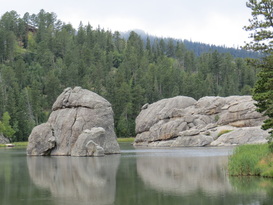 Last week I was on a trip to the Black Hills in South Dakota. It was quite a beautiful spot, replete with lush forest, hidden lakes, and intriguing rock formations. We encountered a record breaking early snow storm (5-6 inches) with 30 degree temperatures at the beginning of our stay and ended the trip with a sunny, 90 degree day. Even with those extremes - or maybe I should say, because of those extremes - it made for a unique and wonderful experience. But what struck me most of all was the beauty of the land and how much people seemed to respect it. Everywhere we went the people could not have been nicer; and all the places we saw, from National Parks to small towns that one could miss if one blinked, were well kept and seemed pristine. The land is obviously viewed as sacred by many, especially the Native Americans who reside there. In reflecting on our trip in light of the Gospel for this weekend, I remembered a sight that was surprisingly moving. For years I had heard about the Crazy Horse Monument and had feared it was a tourist trap. Happily, it was not at all like that. The carving on the mountain, while far from complete, is gigantic and its scope is daring. The artist’s original model is on display at the visitor center and it is what the mountain monument should eventually look like, albeit years from now. I had done some research before our trip in order to get a better understanding of Crazy Horse so that I could understand why his likeness is being carved in such a massive way. It seems he was someone that despite all the lore, we know little about. He spoke little, he more or less did as he pleased, and he was murdered through the betrayal of his own people. But more than anything else, he is remembered as never having kept much for himself and always caring for the poor. That's right: the warrior is most remembered for his generosity to the poor of whatever people he was with. It could be that his leadership in generosity is why he is remembered by his people as a great man. Apparently Crazy Horse went on a vision quest when he was sixteen, and although he defied tradition to do so, he did have a dream which affected the rest of his life. In the dream, he was told to never hold on to anything he acquired and to always take care of the poor. Crazy Horse kept to that wisdom his entire life, such that everyone respected him for that quality no matter what else he did or did not do. Whatever the truth of his endeavors and tribal politics may be, we do know that his most important and revered trait was that he was generous and caring toward the least of his brothers and sisters. Crazy Horse was not a Christian, of course, but certainly his simplicity and generosity are traits which we who are Christian ought to have. 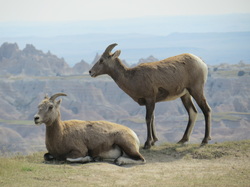 The gospel story this weekend (Matthew 20:1-16) is about the mystery of our generous God. It is about generosity on His terms, not ours. In the passage, Jesus tells a parable about workers in a vineyard who are hired at different hours, all told that they will receive the usual daily wage. At the end of the day, all receive that same exact wage: those who worked one hour got the same amount as those who worked all day. Those who worked all day grumbled that they should have gotten more than those who came late, to which the owner replied that he was not cheating anyone; they all got what was agreed upon at the start. He pointed out that the complainers were envious of his generosity and that he was free to do with his money as he wished. But instead of focusing on the gift they received, they were focusing on what they perceived they did not get. Their focus was in the wrong place, therefore they felt slighted. This parable can seem like the all-day workers were cheated somehow. It can seem like God shows partiality and that some people are loved more than others. This could not be farther from the truth. The trouble is that we look at it with legalistic eyes, seeing the disparity in the work versus the pay, rather than by looking at the reward given. God gives all of us the gifts that are needed for our spiritual well-being. All receive the same gifts at Baptism, which includes the promise of eternal life. Some people may seem to have a rougher road than others, and indeed they do. Others may seem to have a last minute conversion and only do the work of living the Christian life for a minimum of time, yet they get into the Kingdom the same as those who worked at it their entire lives. But appearances may be deceiving and none can really judge except God. Those who seem to have the rougher life and those who seem to have it easier will both receive the same reward if they stay faithful to God. The paths may be different, but all are paths to the same end and all are potential paths to holiness. No matter how it looks, all paths have their pitfalls, temptations, and sufferings, as well as moments of triumph and joy. 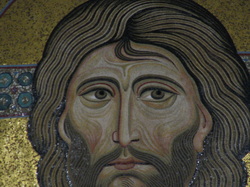 What is most important is that we remember that all are welcome to the house of the Lord. All are offered the same salvation and all are offered the same love. During His ministry Jesus went to all the known sinners. He reached out to tax gatherers (who were reviled), to prostitutes, the poor, the sick, aliens, and outcasts. But He also reached out to the rest of the people, too. He did not exclude the well for the sick or the rich for the poor. He seemed especially interested in the Pharisees and Sadducees. If Jesus did not care about them He would not have spent so much time arguing with them. Jesus offered salvation to all because He so very much wanted all to accept the gift. And Jesus taught us to have the same generosity toward others. We, too, must reach out to the poorest among us, whether they are materially poor or spiritually poor. Jesus taught us to treat the least among us as if we were caring for Him, not judging who is worthy of more or less. 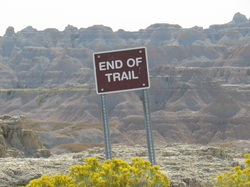 The other lesson of the parable of the workers in the field is also important: gratitude is essential to our sense of generosity. Grateful people see the value of what they have. They are more readily attuned to those who may be in need because they see that everything is a gift and therefore they are willing to share those gifts. Gratitude supplies us with joy. We see things in their proper perspective. That is, we are to use them, but not to possess them. What we have is to be enjoyed for a time, but then we must let go. When we leave this life we take nothing with us, so learning to let go and to share with others is a key to both wisdom and happiness. In Isaiah 55 the prophet declares that we should seek the Lord while He may be found. It is gift enough to have a God we can seek and find. But the passage also reminds us that His ways are not our ways. "As high as the heavens are above the earth, so high are my ways above your ways and my thoughts about your thoughts." (Is.55:9) Therefore we need to trust that He sees in ways we do not. We need to have faith in Him as we travel whatever path we are on. No matter what we have, each and every one of us always has something to share, that is, His love. God's generosity knows no bounds, and so even if we live humbly or are struggling to make ends meet, we all have something that we can share. We can share our time, talent, and/or treasure without judging the recipient or whether someone else received more or less than we did. In doing so, we become more Christ-like. And in doing so, we find the key to wisdom and happiness. The generous ways of God are mysterious, but the teaching is clear: His love is for all of us and we all can share that gift with one another. In this is the joy of Heaven.  May we have an attitude of appreciation for the gifts we have been given! May we come to see the beauty and wonders of the land and its riches! May we be inspired by the Gospel to share that which we have with those who are in need! May we come to trust in the generosity of God even when the path is difficult! And may we imitate the Gospel in the joy of sharing what we have, knowing that in the end we will all be gathered around the table of the Lord in the Kingdom! Let us continue to meet in the Heart of our Generous Lord! Peace! ©Michele L. Catanese All the photos are my own photography. The top one is Sylvan Lake in Custer State Park, South Dakota. The next series is from the Crazy Horse Monument, including the model of what it should look like, (right panel). Third is a photo of some young Big Horned sheep taken in the Badlands of North Dakota. The fourth is a photo of the cupola in the Palatine Chapel in Sicily (taken on a trip in 2013.) The fifth photo is from the South Dakota Badlands while on a trail into a valley. The last photo is in the Black Hills, South Dakota at a place called Roughlock Falls. Comments are closed.
|
Heart Speaks to Heart
|
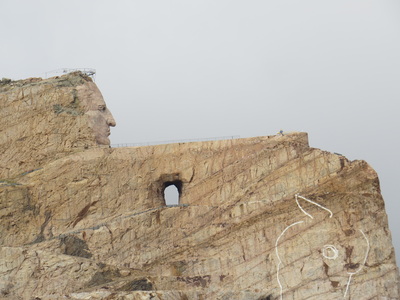
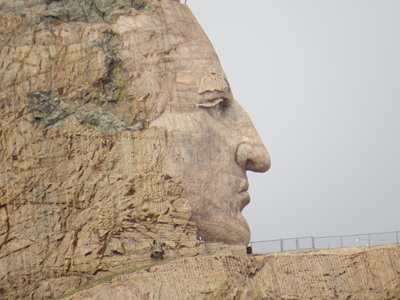
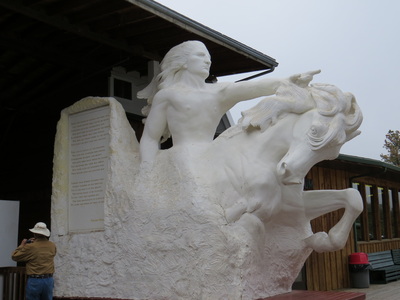

 RSS Feed
RSS Feed

